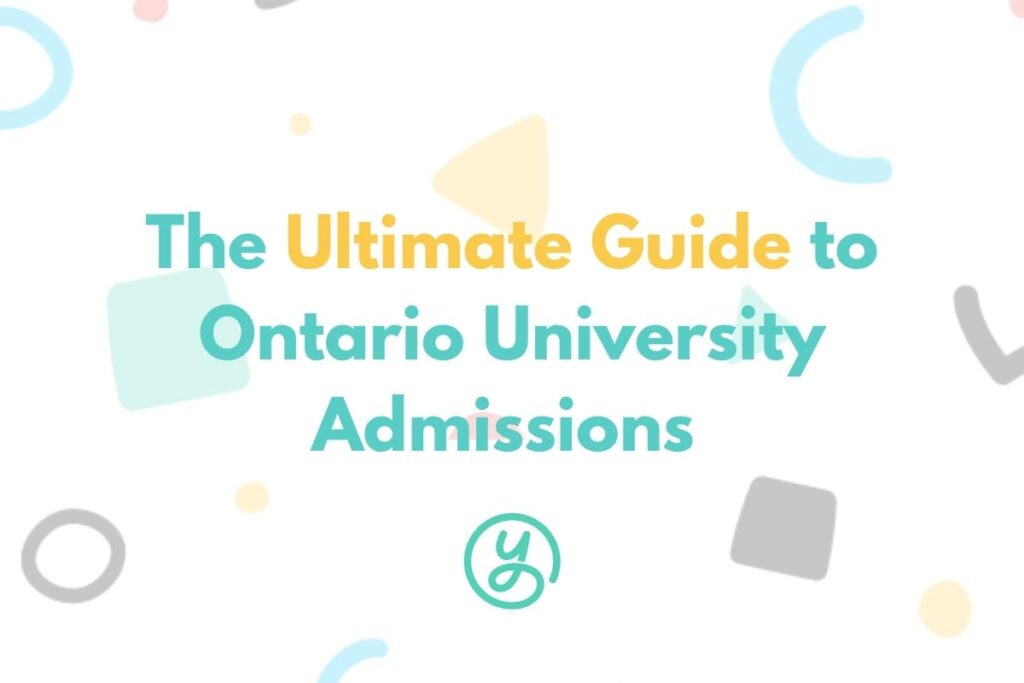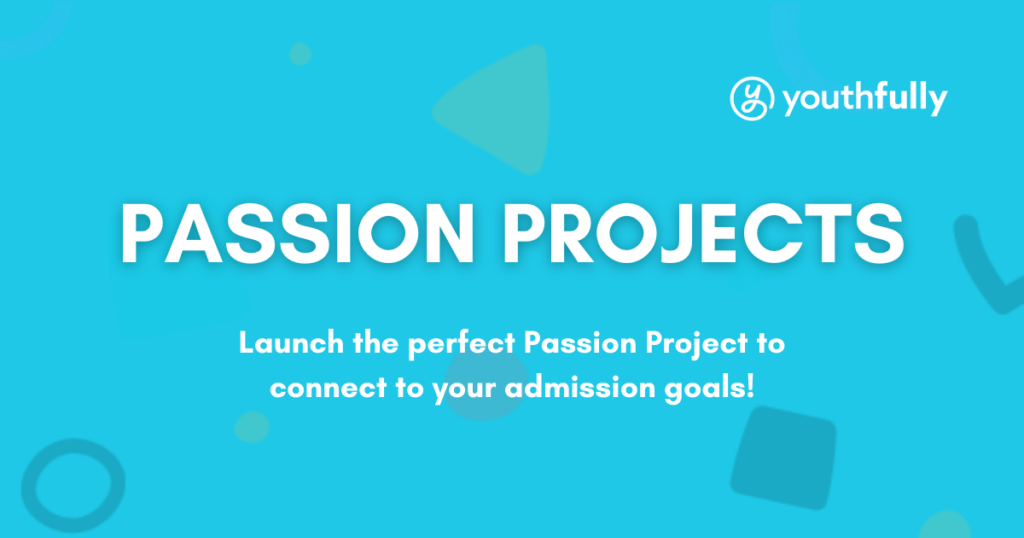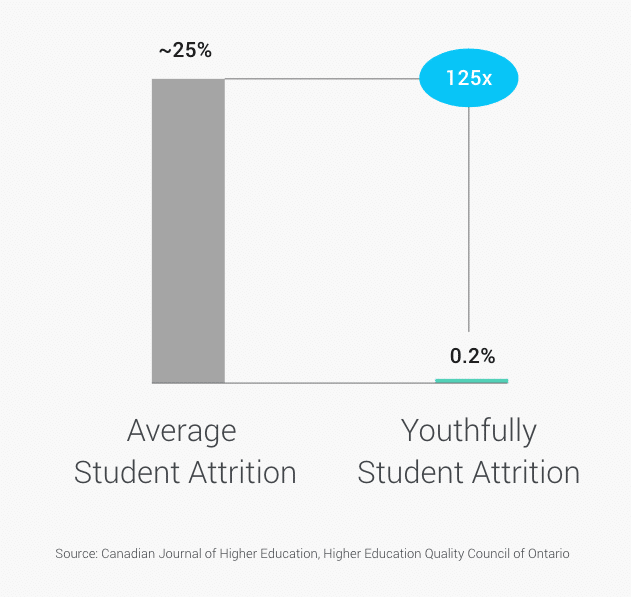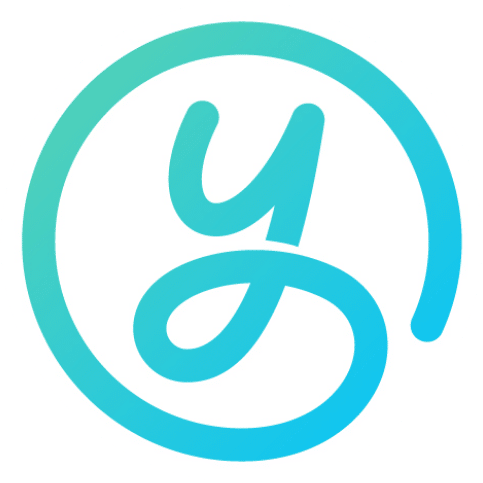Deadlines, Grades, Pre-reqs, Supp Apps, Scholarships, and more!
If you’re heading into Grade 12 and planning to apply to Ontario universities, you’re probably hearing a lot of noise right now:
“Don’t forget to apply on OUAC!”
“You need at least a 95 to get into business.”
“Make sure your top 6 average is strong!”
It’s easy to feel overwhelmed. Between choosing programs, meeting deadlines, keeping your grades up, and writing supplementary applications, the admissions process can feel like a second full-time job.
That’s why we created this guide.
Whether you’re just getting started or knee-deep in planning, this post will walk you through every major milestone in the Ontario admissions process.
Let’s break it down step by step 👇

🗓️ The Application Timeline: What You Need to Know (and When)
Everything starts with OUAC.
If you’re a current Ontario high school student under 21 (that’s called a Group A applicant), your application to all Ontario universities goes through the Ontario Universities’ Application Centre (OUAC)—a centralized portal that opens in the fall (around October 1st) and is due January 15th each year.
You may hear people talk about “OUAC 101,” but that’s outdated. Today, everyone submits through the same undergraduate application system. It’ll automatically classify you into Group A or B (for transfer, mature, international, or over-21 students).
It’s an easy process, you create your account, select what universities you want, what programs at each (You’re allowed to apply to up to three programs per university, as long as they have different OUAC codes), and your school sends your grades on your behalf.
Once you submit, the real waiting game begins, but your timelines still matter. If you apply on time, Ontario universities are required to send out their decisions; offers, rejections, or deferrals by late May. And if you get in? You’ll have until early June to accept.
These timelines will look different if you’re applying for Early Admissions or if your program has supplementary applications. Be sure to visit the program’s website to learn more about the exact dates for each. Generally speaking, all forms for Early Admissions are due by Dec 1st, and supplementary applications for general admissions are due anywhere from mid-January to mid-February (more on this below).
✏️ Grades, Prerequisites, and the Truth About “Top 6”
Let’s talk about what everyone’s obsessing over: grades
Ontario universities base their offers on your Top 6 Grade 12 U/M courses, which must include any prerequisites for the program. This means if a program requires Calculus (MCV4U), that course must be part of your Top 6.
Some schools will look at Grade 11 marks if you’re still finishing a Grade 12 prerequisite or if they’re considering you for early admission. But for final offers, your Grade 12 U/M marks carry the most weight.
Universities use a process called Rolling Admissions. Meaning they send out offer letters in waves. Typically, the stronger your Grade 11 grades are, the earlier you may find out; however, Grade 11 grades can NOT get you rejected.
It depends. Many general Arts or Social Science programs admit students with 70–75%, but competitive programs, think Engineering, Business, Health Sciences, often require mid-90s just to stay in the running.
Most program websites will highlight a minimum average or a competitive average to be accepted. After 15+ years of supporting students, your average should be about 5-6% higher than what’s asked for.
And what if you drop a course? That could be a dealbreaker if it’s a required course, or if it knocks out one of your Top 6. Upgrading a course is allowed (for most programs), and most universities use your highest grade attempt. Be sure to consult your guidance counselor before dropping a class.
🖊️ The Supplementary Application & the Extracurricular Myth Debunked
One of the most common questions we hear is “Do universities care about extracurriculars?”
Truthbomb: 99% of programs do NOT care about your extracurriculars. Their admissions process is solely grades-based, meaning they will make their admission decisions by evaluating your academic transcript only.
We still recommend participating in extracurriculars. They are a fantastic source of social, professional, and personal growth.
All the noise you’re hearing about extracurriculars is for the competitive university programs that require supplementary applications (supp apps for short).
Supp apps are the university taking a holistic approach to evaluating who their top students are. Just because a student has mastered “school” (Ex, High 90s), does not mean they are viewed as the best-fit student for a competitive program (although high grades still provide more leverage through the admissions process compared to lower grades).
This is where unique, high-impact extracurricular experiences help students stand out on applications. If you’re wondering what type of extracurriculars you should have, consider launching a Passion Project or gaining professional experience through an Internship.
Every supp app looks a little different and will vary per program. Some schools require long essays (500 words), others require live problem solving, video interviews, personality assessments, leadership profiles, reference letters, or portfolios for many art-related majors.
Deadlines often land shortly after OUAC—usually late January to early February.
Will you have to complete a supp app? Maybe!
Check your program website to see if they request any. If it’s labelled “optional”, it truly is “optional”; however, if the program is one of your top choices, it’s in your best interest to not just complete it, but to knock it out of the park ⚾
You will have a mandatory Supp app if you are applying to a top-choice program:
- Business Program (Queen’s Commerce, Rotman, Schulich, Laurier, Ivey, etc.)
- Engineering Program (UofT, Waterloo, McMaster, Western)
- Pre-Med Program (Competitive Health Sci or Life Sci programs like McMaster or Queen’s)
- Computer Science (Waterloo, UofT, Mac)
Supp apps are by far the most difficult part of the admissions process. They will make or break your entire application.
After spending years of hard work ensuring your grades are as high as they can be, it’s equally important to ensure you are putting your absolute best foot forward with the supplementary application.
If you’re interested in learning more about how Youthfully can help out, check out our admissions coaching page, or check out some of the student stories below:
How Youthfully Helped Ashley Find Her Voice
Nevik’s Experience With Coaching Vs. Free Resources Online
Julia’s Acceptance & Growth Journey with Youthfully
A Parent’s Perspective on Coaching
🎯 Picking Programs and Schools That Actually Fit
Most students don’t realize this until it’s too late: the program you choose shapes not just what you learn, but how you learn, and how ready you’ll be for what comes next.
So, how do you know what’s right? Start by asking:
- What courses will I take in my first year?
- Does this school offer co-op or hands-on learning?
- Are classes large lectures or small seminars?
- What are career outcomes or grad school options?
You don’t need to have your whole future figured out, but you need to be able to fully articulate the burning questions: What will this degree do for me?
You can also look into double majors or minors. Some schools let you declare after the first year; others require you to apply directly into specific streams through OUAC. And yes, some schools are known for doing certain programs well.
Do your research! If you’re looking for someone to help guide you through the process, consider working with a Youthfully Coach. We help students make informed decisions based on real self-reflection, not rankings or pressure. Some of the most successful students we’ve worked with changed direction entirely after talking through what actually excited them. Learn more about our Pathfinding Coaching.
💰 Tuition, Scholarships, & Financial Aid Made Simple
Let’s talk numbers.
Tuition for most domestic Ontario students is around $7,000–$15,000/year, depending on the program. But the total cost—including residence, meal plans, and books—can climb to $20,000–$30,000/year.
The good news? There’s funding available; you just have to know where to look.
Most schools offer automatic entrance scholarships based on your admission average. These vary by school and program, so it’s important to check each school’s criteria and renewal conditions. Generally speaking, this is what it may look like:
- 85–89% → ~$1,000
- 90–94% → ~$2,000
- 95%+ → ~$3,000–$5,000
Beyond that, there are competitive scholarships that require an application, an essay, or a reference letter. The best time to start searching? The Summer between Gr.11/Gr.12.
Some scholarships you stumble across are based on merit (what you’ve done in your community), and others are writing competitions. Be sure to familiarize yourself with the guidelines and eligibility so you’re putting your best foot forward.
💡Launching a Passion Project or having other unique leadership experiences significantly helps with scholarships. Being a captain of your sports team or having generic volunteer experience usually doesn’t cut it
And then there’s OSAP: Ontario’s Student Assistance Program. It provides grants and loans based on your financial need. You can indicate you’re applying when you submit your OUAC application and complete the OSAP form online.
One thing that won’t affect your chances of getting in? Financial need. Ontario universities don’t use your financial status when making admission decisions.
Get into top universities with an expert coach.
get a youth coach™Stephanie
Non-profit Founder
Youth Coach™

⏩ After You Apply: What Comes Next?
Once you hit “submit,” it can feel like you’re in limbo, but there’s still work to do.
First, track your status through OUAC and each university’s own portal. You’ll see updates on missing documents, interview invites, and (eventually) offers.
If you don’t get in anywhere, don’t panic. Ontario has an Admission Information Service (AIS) that opens in June, letting you see open programs. You can also consider upgrading courses and reapplying the following year.
Got in but want to defer? Many universities allow this, but you need to accept the offer first, then formally request a deferral. You may need documentation or a clear reason.
And yes, offers can be revoked. Most are conditional on your final grades. If your average drops or you don’t meet a prerequisite, you could lose your spot. So keep grinding until that final report card hits.
🏁Final Thoughts
We aim to be the trusted resource to help families across Canada navigate the Ontario university landscape.
If you have more questions, consider exploring our Free Resource Page, and of course, if you’re looking for a little more “hand-holding” during the admissions process, you can schedule a Free Consultation to see if Youthfully is the right fit for your family.





